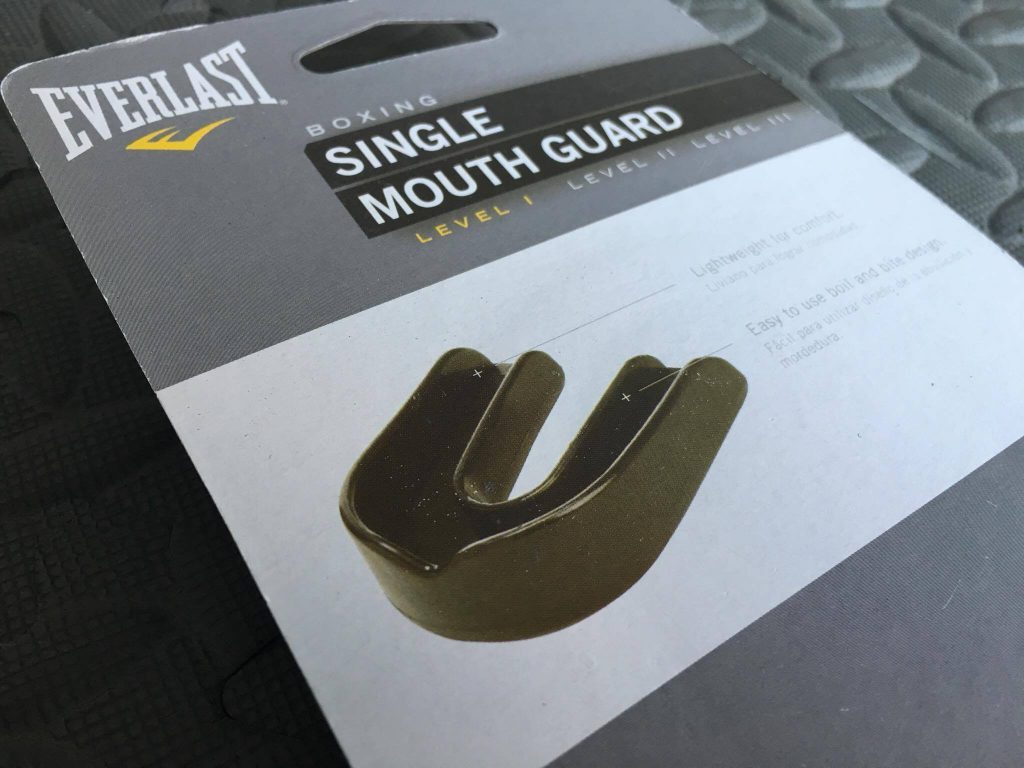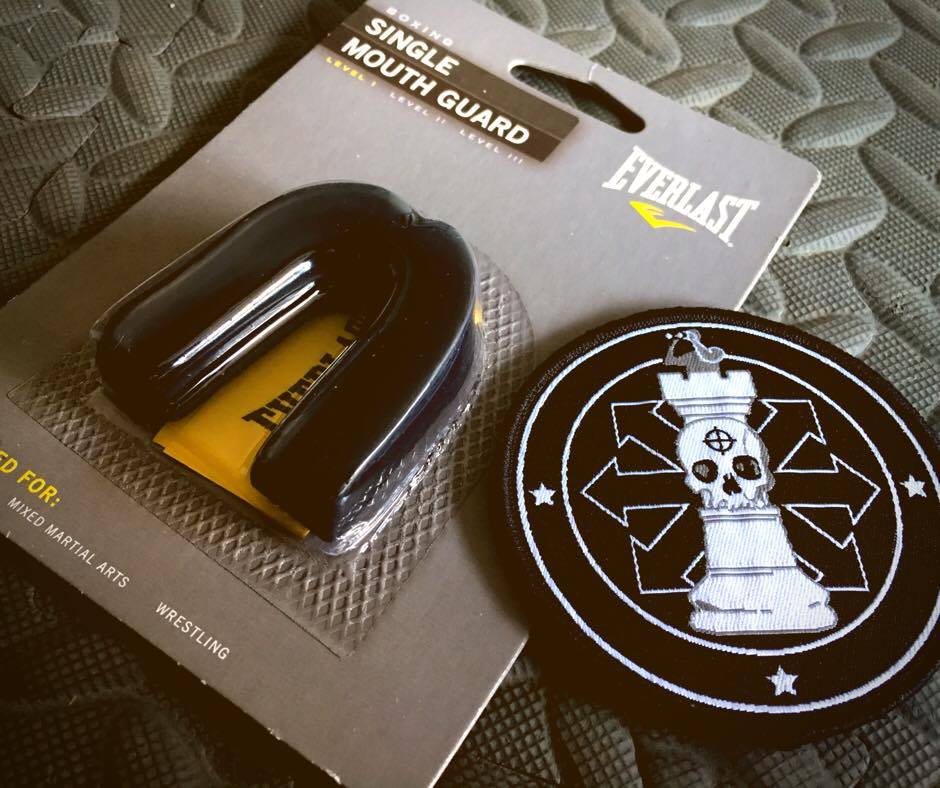Background
At 3 am, and at the age of 16, how do you explain to your father that you just got kicked in the mouth during a no holds barred initiation against multiple opponents and received a round house kick in the teeth and that it in turn splits your lower lip open? Um, you don’t, but I had to. Being the super-duper smart kid that I was I duly explained that I tripped on my way to McDonald’s and fell on a rock. The shouting by my father that came through the phone that early summer morning was deafening.
Tough Guy
How did this all start? Without getting too much into the weeds, because of my young age the hospital needed parental consent in order for them to sew my lower lip together, and I needed to call pops to agree to it. I mumbled awkwardly and painfully into the phone, when he asked for battle damage, and said I could probably stick my pinkie finger into the opening now cut into my lower lip. The next few weeks were the worst for me. Absolute pain. The next morning my lip ballooned up literally to bizarre proportions and it was simply painful to eat and speak. I tried to refrain from doing both.
Spot a Good One
So mouth guards are a good thing if you think you’re Mike Tyson, huh? Mouth guards do a lot to prevent serious injuries to your mandibles, face, and lips. Guards also protect your tongue and cheek lining. Imagine losing your teeth. Okay, chances are you’re not going to pull a mouth guard out of your pocket, before dealing with a mugger or wild friends, but you should at least be able to spot a good brand. Yep, this is a good thing to have if you’re thinking about starting a life where you’re going to get punched in the face repeatedly.
A few pointers:
- Comfort and Fitting: You want a good fit. Spend the extra ducats on gear or you’ll spend thousands on dentistry. Remember that you only need one good strike in life to jack your mouth up good. Check the sizes and substance. Is it too hard for your particular mouth? Is it too flimsy? Look for guards that don’t hinder breathing. If you can check to see if it fits well inside your mouth from the package then do so. You want the mouth guard to align with your jaw as much as possible. Try to flex your jaw and see if it can be done without too much difficulty.
- Absorption: Does it have good shock-absorbing capacity? You need something to protect your lips, teeth and jaw. Look for those with a quality gel or rubber. Some come with straps. Do you want one with a strap so your trainer can pull it out of your mouth?
- Hygiene: Does it come with a storage case? A case helps you maintain good hygiene. Lot’s of people can tell you that they’ve seen people just spit their mouth guard into their filthy gym bag. Gross huh? You should be able to wash your case and mouth guard with soap and water. Can it be immersed in hot water to kill the germs?
- Stock: These don’t always fit so well. Stock models are pre-formed and ready to wear right out of the package. They do not fit the teeth or arches. Pretty much bare bones. Your teeth really are not going to protected too well with this ill-fitting option.
- Boil and Bite: Some brands can be shaped to fit the shape of your jaw and teeth by simply boiling the guard and biting it until it hardens. Make sure you check them from time to time for wear and tear. Athletes that chew on these end up wearing down the guard, and your protection ends with it.
- Custom Made: The best version that you can get are the custom-made guards. Ask your dentist if they offer custom models. You want to find models that are either laminate pressure, vacuum created, or injection molded. The best custom molded guards ensure the forces from a blow are evenly distributed over your teeth and soft tissues.
- Cost: Buy the best that you can afford. They price in anywhere from $10.00 to $150.00.
A couple of other pointers:
- After each use clean and dry your mouth guard.
- Regularly look for wear and tear. It may be time to purchase a new one.
- Put it in a clean and sturdy container that can breathe. If you seal it where air can’t dry it, then it will develop bacteria. That stuff taste good in your mouth?

